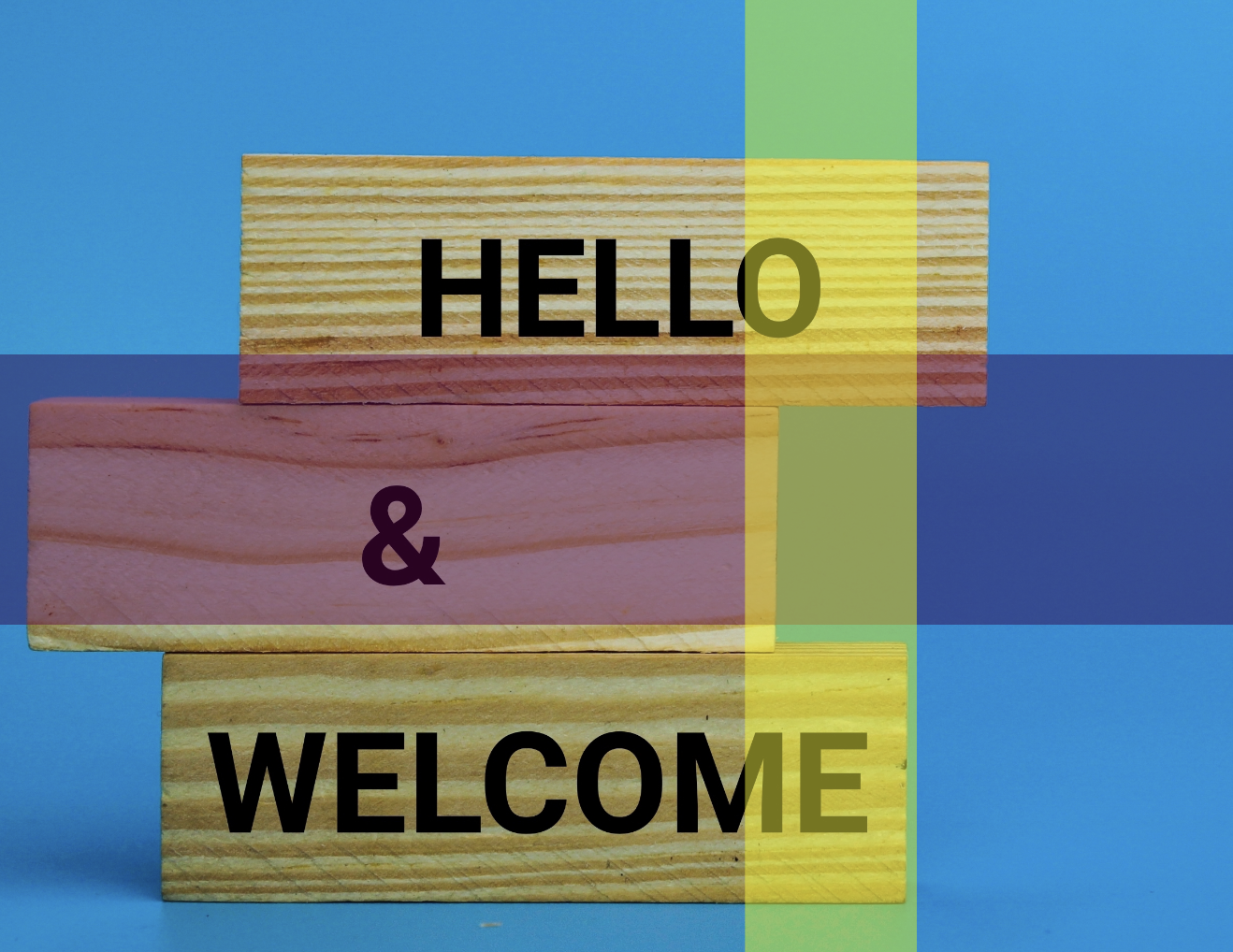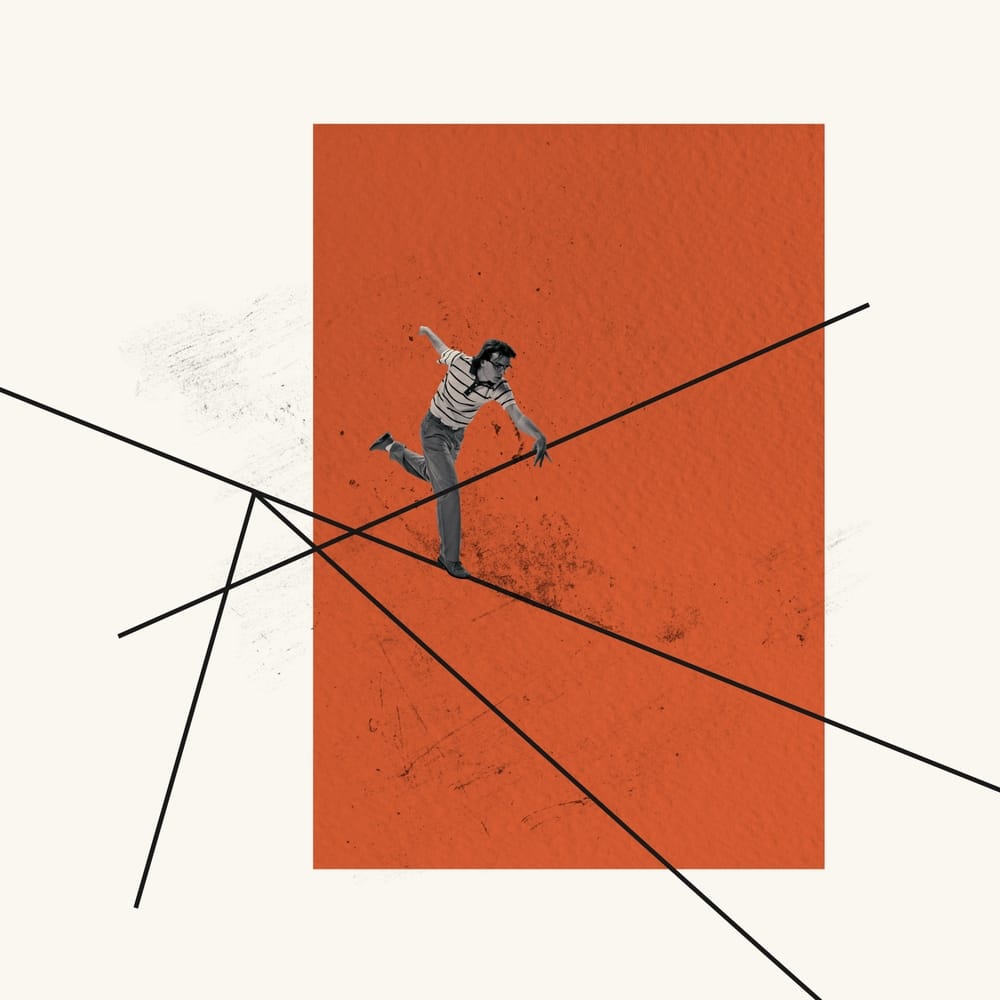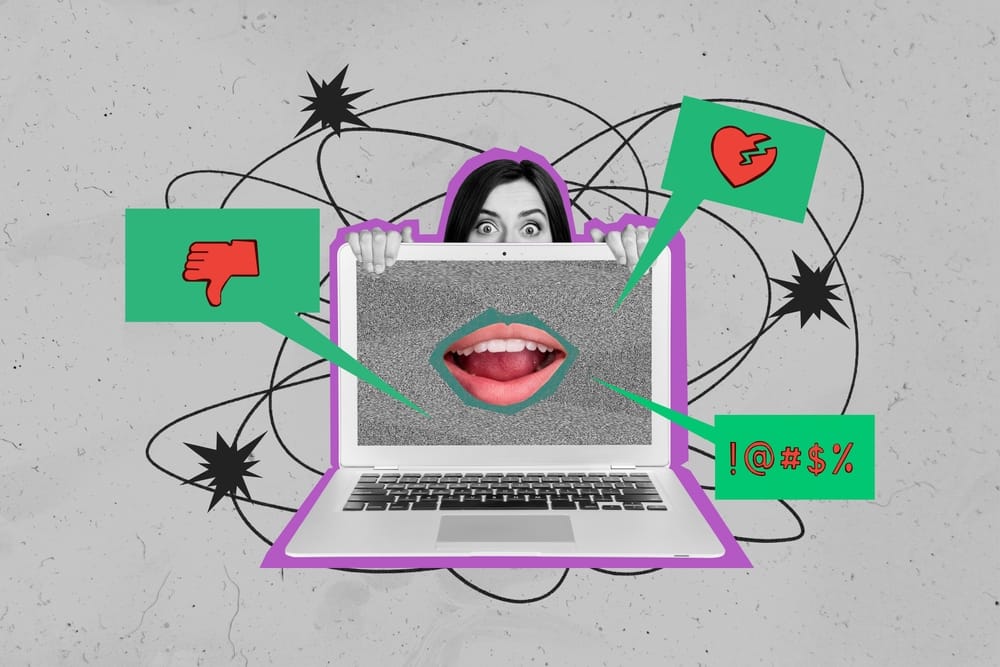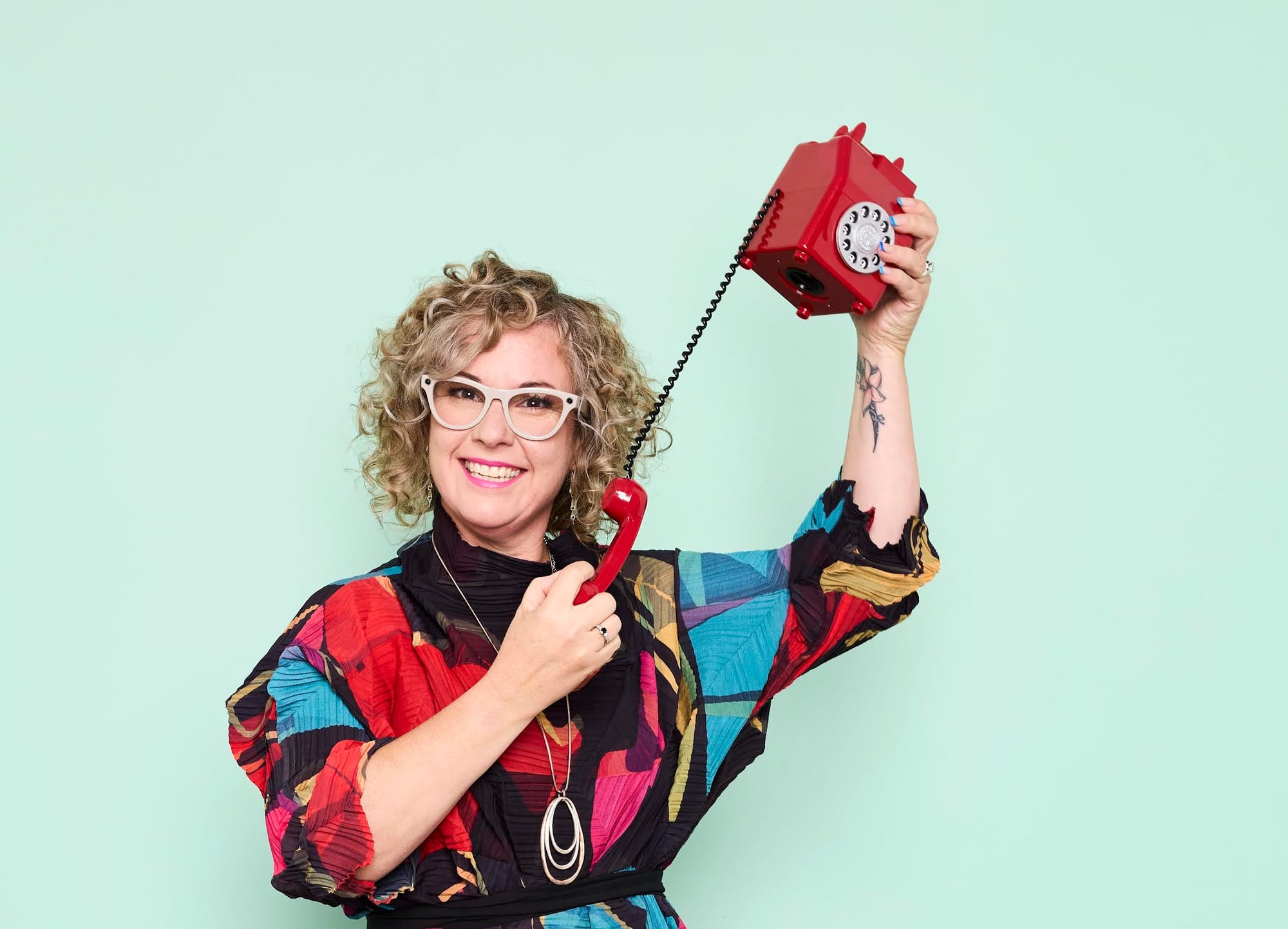
Peer power unleashed
More than a movement: How peer support is reshaping mental health in Aotearoa
Peer Connection
In a world where there's a lot of disconnect, the power of human connection matters more than ever—especially in places like the Emergency Department (ED),or other moments of crisis. Those facing mental health and addictions challenges can find themselves in unfamiliar surroundings, shaken, overwhelmed, and unsure of what’s next. In those moments, peer support steps in. We have the ability to slow things down, to meet people as people, to really support them through what can be one of the most traumatic experiences of their lives.
Growth spurt
The recent rise of peer support has been both welcome and overdue. For a long time—two decades in my case—peer support didn’t grow. It sat at the edges, under two percent of the workforce, often overlooked. But over the past two years, that’s changed. There's been a real movement. Peer support has become visible, urgent, necessary. A few things have driven that. Government focus on developing peer support services has helped, but more importantly, there’s been a shift in belief—in what peer support is and what it can do. We’ve seen media attention shine a light on it, and we’ve taken the opportunity to show what we’re made of. The result? Momentum. Real growth.
Peers present in the right places
In the past two years alone , I've been involved in supporting five fully operational peer services we never had before. Ember's Kahurangi service works with four multi-disciplinary teams (MDTs), including Manawanui Oranga for Māori mental health, and Lotofale for Pacific mental health. Hapai Ora is focused on early intervention psychosis , and Aronui Ora supports maternal mental health. We’ve also got a Peer Support team in Auckland ED, Hamilton ED, and now North Shore ED.
High impact
The impact is high. Just looking at Auckland ED—within six months, we supported over 700 people. That's 700 lives, 700 stories, 700 moments of connection that might not have happened otherwise. Over 100 more were supported within the clinical teams. This is what growth looks like when it's driven by purpose.
Professional work by trained and qualified staff
Being a peer support worker isn’t just about having a mental health or addiction experience. You can’t just turn up and share your story. You’ve got to be in a solid place yourself. You’ve got to have done the hard work of recovery and reached a level of stability and well-being. That’s the foundation.
From there, it’s about training. At Counties Manukau, the peer employment training we deliver through Ember is key. It’s unique—offered only by us—and it forms the core of what makes someone ready to walk this path. We also ask peers to complete the Level 4 Certificate in Health and Wellbeing to embed real understanding of the broader picture of support work. The lived experience side can’t be taught in the same way—but it is valued, held up, and deepened through the services themselves.
South Auckland Peer Hub up and running
There's a new Peer Support Hub up and running in the Ember building in Otahuhu South Auckland, it opened its doors on the 7th August 2025
We’ve never had anything like this before, not in Counties Manukau. The purpose is simple: to take the pressure off ED and provide a real alternative for those in distress. We know that many of the people showing up in ED don’t actually need emergency medical support. What they need is someone who understands. Someone to talk to. A safe place.

You're welcome
This is a community hub, built specifically for the people of Counties Manukau. And it's built by people who live here, work here, and care deeply about this place. We're proud of what we've created, and we're excited.
We’re building something that lasts. A workforce that is connected to the community because it comes from the community.
A service that will change lives—because it already is.


